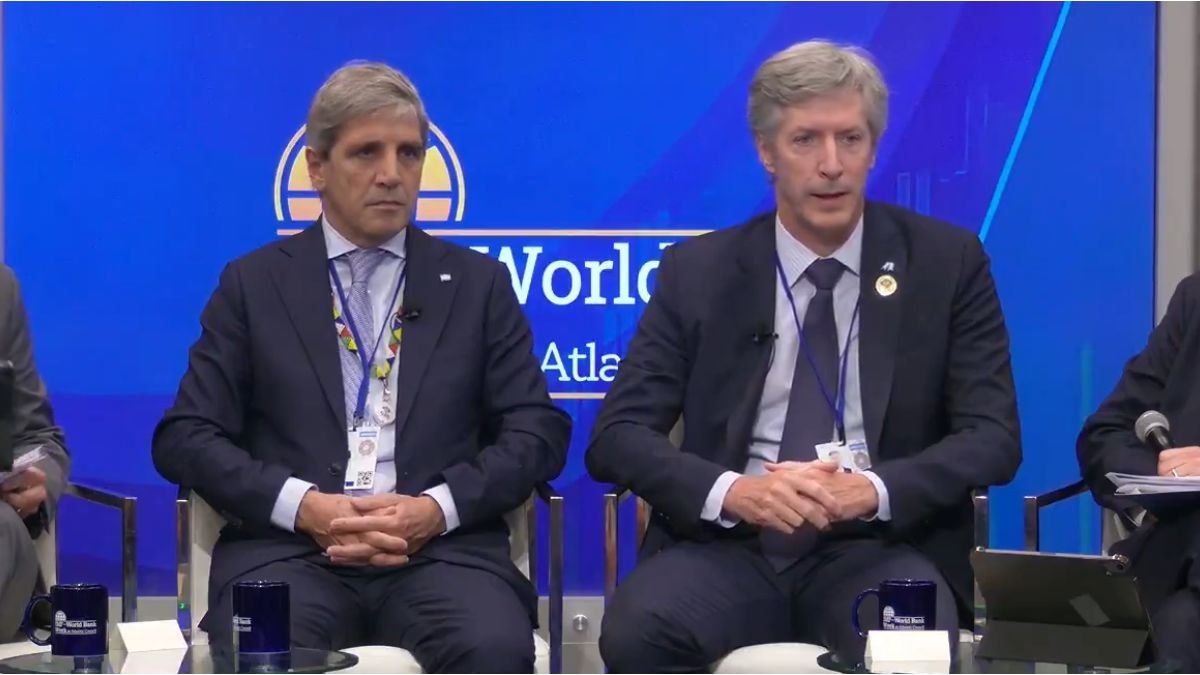As a result of climate change, mosquito-borne diseases such as dengue are increasing significantly in Europe. In 2023, a total of 130 cases of dengue that were proven to have been acquired in Europe were registered in the EU, Liechtenstein, Norway and Iceland, according to the European Centre for Disease Prevention and Control (ECDC) based in Solna, Sweden. In 2022, there were only 71 cases.
“Europe is already experiencing how climate change is creating more favourable conditions for invasive mosquitoes to spread into previously unaffected areas and infect more people with diseases such as dengue,” said ECDC Director Andrea Ammon.
There is a “link between higher temperatures in summer, a milder winter and the spread of mosquitoes further into areas where they are not yet present,” explained Ammon. According to her agency, the mosquito species Aedes albopictus, which transmits not only the fever disease dengue but also the chikungunya and Zika viruses, is spreading further in the north, east and west of Europe. There are now “self-sustaining populations” of this species in 13 countries in the region under study.
- Also read: Europe: TBE-free zones are becoming fewer and fewer
The ECDC also registered 713 locally acquired cases of West Nile virus last year, 67 of which were fatal. The infections occurred in nine EU countries.
Because of the growing threat of mosquito-borne diseases, the ECDC called for coordinated measures. This includes the distribution of insect nets and anti-mosquito sprays. Simple measures such as removing puddles and standing water from balconies and gardens that mosquitoes use to lay their eggs could also reduce the risk.
My themes
For your bookmarked topics
new articles found.
info By clicking on the icon you add the keyword to your topics.
info
By clicking on the icon you open your “my topics” page. You have of 15 keywords saved and would have to remove keywords.
info By clicking on the icon you remove the keyword from your topics.
Add the topic to your topics.
Source: Nachrichten




